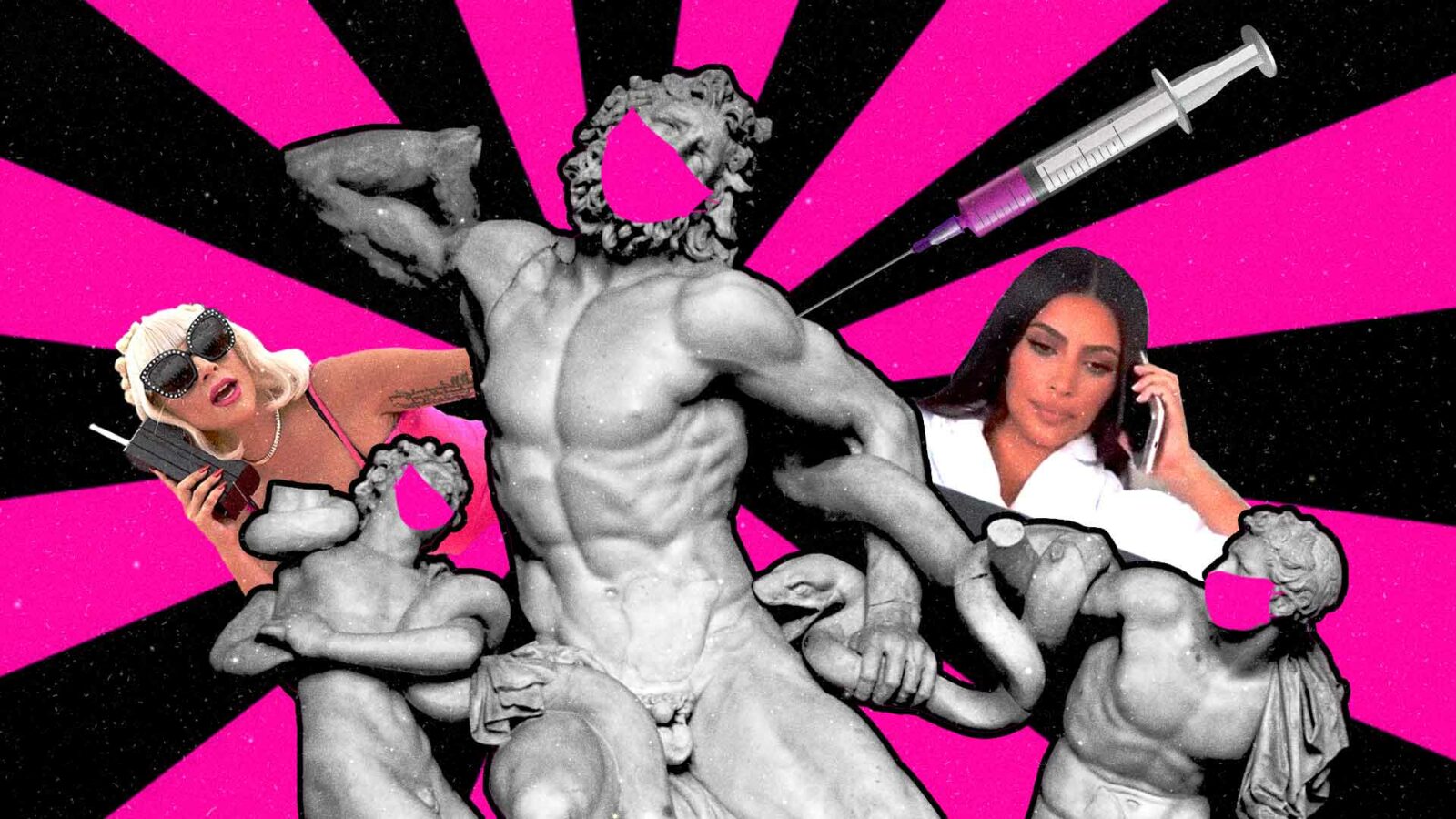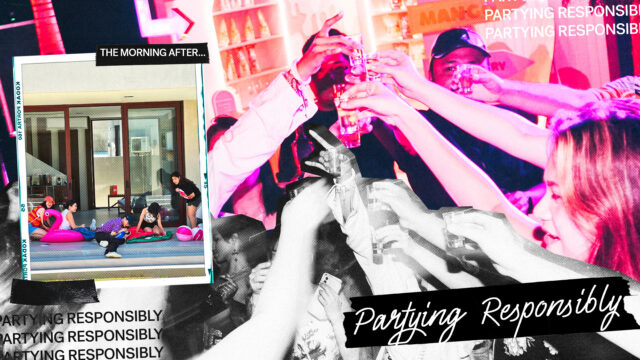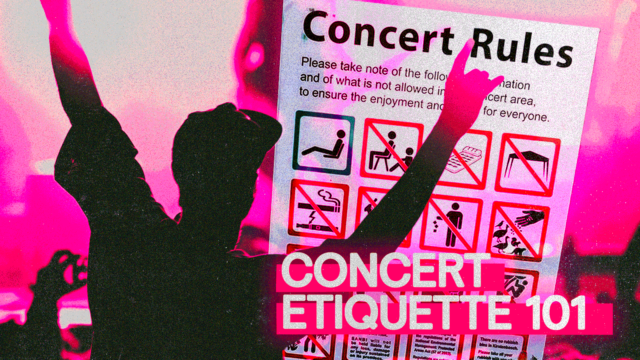These people have not yet gotten the vaccine for COVID-19, but it has to do with so much more than just not being informed.
James is a 26-year-old chef at a small Japanese-themed restaurant, whose job requires him to constantly travel to the restaurant. “It gets scary sometimes. Like I have that thought in the back of my mind that I might get COVID-19.” Since he is a chef, his occupation qualifies him under the A4 priority group, a group scheduled to get their vaccines very soon. James would “love” to get vaccinated as soon as he can, the problem is that he does not know if he has the time.
James has a hard time committing to where and when he will get vaccinated. Since vaccinations are done through appointment, he can’t just walk in and get one. As the only cook in the restaurant (there used to be another chef, but he recently resigned), he doesn’t have the luxury of not going to work to get vaccinated. “My boss hasn’t said anything about getting us [employees] vaccinated. I’ll probably have to get it done through my LGU. But I don’t know if I could afford to miss 2-3 days of work to get vaccinated.”
Getting More People The Vaccine
The dilemma of James is a dilemma is that being faced by many people in the Philippines. As the local vaccination effort ramps up, more and more people will be eligible to get vaccinated. There will be a flood of people who want to get and do get the vaccine. But afterward, there will be fewer and fewer people getting their vaccines for a variety of reasons.
This is a problem that the US is currently facing. After giving over 4 million vaccine doses a day, they are now averaging less than 2 million doses a day. The situation to get more people vaccinated in the Philippines is also dire considering that a chunk of the country’s currently available vaccines is set to expire in a few weeks. There is also the issue that the longer COVID-19 stays in the Philippines, it could mutate into a more dangerous variant.
Related: Young People Share Their Experience Getting The COVID-19 Vaccine
People who are classified under the A4 priority group are frontline economic workers based in the service sector and their jobs require them to show up to work every day. They may not have the opportunity to take time out of work to get vaccinated. Some may not have reliable access to information and online vaccination sign-up forms. Others may find traveling to a faraway vaccination site too inconvenient. Data from the US showed that people who were more likely to get vaccinated first and were already vaccinated were part of a higher income group. That scenario isn’t that hard to picture happening in the Philippines also. So, how then do you get more people to get vaccinated? The people we interviewed for this article offer an insight into how this could be done. And it’s more than just by informing people that vaccines work.
Meeting People Where They Are
When you think of vaccine enthusiasm, think of it as a spectrum. There are people who can’t wait to get vaccinated. Some people want to get it, but are facing hurdles to do so. There are people who aren’t opposed to getting it but aren’t that motivated to make an effort to get one. And there are people who flat out refuse to get a vaccine. The people in between can be considered low-hanging fruit. These people want or are open to getting vaccinated, but access is the issue for them.
One of those people in the middle is Jennica, a 27-year-old cashier at a clothing store in a big mall. She commutes to work every day and is expected to show up to work on a daily basis. She says that if someone gave her the vaccine right now, she would “take it immediately.” But with the way things are going as of now, she might have to hold off on that for now. “I’m trying to save money. I have to take care of my parents. I can’t afford to miss work.”
Jennica says that the nearest vaccination site to her home is 40 minutes away. But since she has no car, she will have to commute there which has become harder during the pandemic. She also has a spotty internet connection at home, so it’s not easy for her to sign up online. She would prefer if there was a vaccination site near her place of work. “If they were vaccinating people at the mall where I work, I would line up and get it.”
Meeting people where they are and decentralizing the vaccination effort is something that experts have said is one of the best ways to get more people to get vaccinated. It makes the process easier for people who don’t have the luxury to get out of their way to get vaccinated. The idea became even more prevalent when the news came out that the government was going to build a mass vaccination site in Nayong Pilipino and cut down 500 trees in the process.
So far, vaccine shots administered in this country are done through appointments, which is understandable given the limited supply. But as more vaccines become available in this country, the people we talked to said that if they could just walk up to a vaccination site and get the vaccine, it would make things easier and more convenient. “I have friends who aren’t super motivated about getting vaccinated. But if it were available sa Mercury Drug, the mall, kahit sa gym, I think they would get it,” said James.
Trusting Primary Care Doctors
Miguel is a 28-year-old hotel receptionist. Despite being pushed by his friends to get vaccinated as soon as he can, he initially wasn’t eager to get vaccinated because he wanted to see what the side effects were. He’s become more open to getting vaccinated after talking to people who got vaccinated, but he still has some doubts. So, who can fully persuade him to get vaccinated? His doctor. “I trust my family doctor. If she offers it to me, I might just get it.”
Primary care doctors are also seen as a way to get more people vaccinated. Studies have shown that people who are open, but not enthusiastic about getting vaccinated can be convinced by their doctor to get the vaccine. “I would give it if I could,” said a cardiologist at a private hospital who declined to have his name be included for this story. He says that he has had “many” patients ask him if he could give them the vaccine, which he cannot as of the moment. “I just always tell my patients that the vaccines are safe and effective, especially since most of them have comorbidities.”
He’s willing to give the vaccines himself because some of his patients can’t or won’t travel to a vaccination site because of their condition. “I have a patient who can’t stay outside for too long because of her heart condition. She can’t wait for hours in the heat.” He also says that he has asked the management of his hospital whether they would allocate some of the vaccine supply to the doctors themselves. He hasn’t heard a reply yet. “I hope they do say yes because I know patients who will go to my clinic to get the shot.”
Helped By The Employer
As a management trainee for a big retail clothing chain in the Philippines, Clara’s job requires her to travel to different store locations around Metro Manila. “I say a prayer before I leave my house because you never know.”. She was eager to get vaccinated but wasn’t sure she would get it soon. In late April, she received an email from her bosses saying that they’ve set up a system for the employees to sign up for vaccination. Clara was relieved and received her first vaccine shot last week. “The whole process was simple and smooth. They even gave me two days off after my vaccination just in case I experienced side effects, which I did.”
Employers helping, incentivizing, maybe even pushing their employees to get vaccinated is seen as another good way to get more people vaccinated. Studies have shown that employers who enact policies that help their employees get vaccinated, such as having a vaccination site at the place of work or giving days off, increases the likelihood of employees getting vaccinated.
That level of support is something Gia is thankful for. Her job in the financial sector requires her to be face-to-face with people most of the week. Her busy work schedule means that she doesn’t have the time to skip work to get vaccinated. During a company meeting, her bosses told her that they would be setting up an online system to have all the employees sign up for a vaccine. Gia signed up and she’s currently scheduled to get vaccinated in late June. “I feel happy honestly. They even asked what brand of vaccine I wanted, which is important to me.” She adds that they are also giving everyone at work a day off after their vaccination day in case they experience side effects.
Making Things Easier
In a diverse country of more than 100 million people, the same solution won’t work for everyone. Different people need different solutions. It is nice if people just follow the rules and get vaccinated as soon as they can. But that’s a scenario that might be difficult to achieve. As the country starts to vaccinate people in lower social classes, there needs to be a more nuanced approach to reach them. The solutions mentioned here aren’t all perfect, but we need to make the process easier and more accessible to all social classes. Aside from having more vaccines, the Philippines can’t achieve herd immunity if there aren’t solutions in place to convince the harder-to-reach people.
Continue Reading: Patience, Anxiety, Resignation: Millennials And Gen Z Say What They Really Think Of The COVID-19 Vaccines





